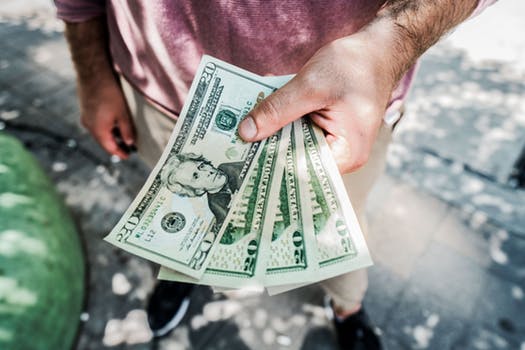Someone may owe you money, and it's not a deposed prince overseas!
Simply put, unclaimed property is the term for financial assets (cash, moolah, Benjamins) that are held by each state and the District of Columbia for its owners. Banks, businesses, and even government agencies must hand over any funds that cannot be delivered to their rightful owner, due to relocation, death, or simple miscommunication. In an effort to reunite the funds with their citizens, all states must run a program in which people can search for and claim their property. Every state has some version of a website you can use to see if someone owes you money through the unclaimed property program.
How do I know this is legitimate?
Many media outlets have covered unclaimed property and they continue to do so as state programs refine and develop. Once you start looking, your Google searches may result in mail from companies that offer to do searches for you, for a fee. Ignore those. There should be no charge to search a state's database, and the process is user-driven. In other words, you have to look for your money, and be suspicious of anyone who offers to claim it on your behalf.
The best way to determine if you're looking in the right place is to Google your state's unclaimed property database and make sure you are using an official state website for your search. You can also check with the National Association of Unclaimed Property Administrators for your individual state's link.
On a personal note, I have firsthand experience with this, and over the years, I have claimed an overpayment from my car insurance premium in Florida (over 10 years old), a portion of an old security deposit on a college rental (over 15 years old), and an overpayment on a utility bill from a previous address in another county.
Unclaimed property is generated when you move and the U.S. Postal Service change of address order expires in a year. You may have done everything right, but still have money floating around out there.
Ready to search? What are your next steps?
Identify your state's unclaimed property database. Here they are for:
Virginia (through the State Treasury Department)
Maryland (through the Comptroller's Office)
District of Columbia (through the District Office of the CFO)
Colorado (through the State of Colorado)
You will need to know your Social Security number, your previous addresses, and any aliases or other names by which you may have opened accounts. If you find a claim in your name, you will need to provide additional proof of identification when submitting a claim form to your state treasury department.
The best thing about the unclaimed property program is that it is unbelievably user-friendly. The state governments must make a good faith effort to reunite people with this money, so many of them allow you to search just by name. Heirs can search on behalf of the deceased, and family members can search for one another. The burden of proof comes only when actually claiming the funds.
The cycle is ongoing, so be sure to check every year in all of the relevant states! In 2015, only 3 billion of over 7 billion dollars were claimed, nationwide. Spread the word and get your piece of the pie!
Have you ever searched for unclaimed property? Tell us how it went in the comments below!
